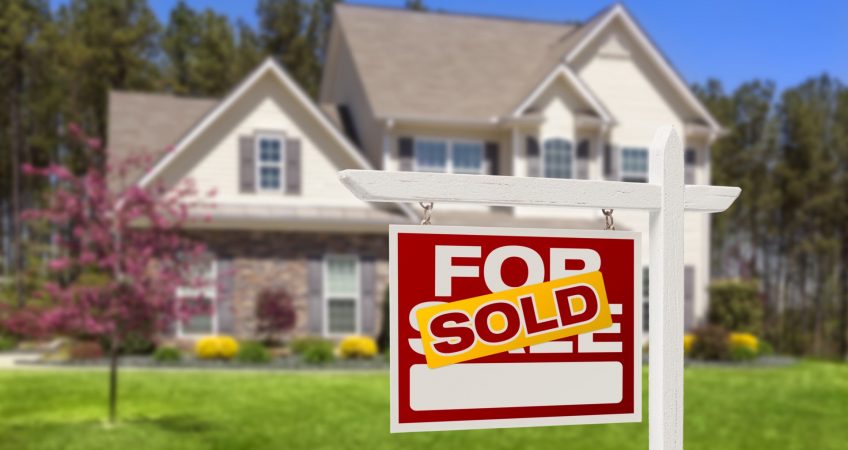Are you in the process of selling your home? It’s important to know that Canadians benefit from a generous tax break in the way of the principal residence exemption. When you sell your home, your capital gain is actually tax free if you designate it as your principal residence for the whole time it has been owned. This is because the principal residence exemption eliminates the capital gain. If you designate the property as your principle residence for only part of the time you owned it, then you will be taxes on a portion of the gain.
To qualify as your personal residence in a year, you, your spouse, common law partner or children must have been resident in Canada and ordinarily lived in it at any point during the year. The principal residence doesn’t even have to be located in Canada. For example, if you had purchased a vacation cottage in the United States and you, your partner or your child resided there at some point during the year it could be designated as your principal residence for the year in question.
The exemption is calculated by multiplying the capital gain by 1+ the number of years the property is being designated as a principle residence and dividing by the total number of years of ownership. Each family unit can only claim the principle residence exemptions on one property per year. If your family unit has more than one residence that qualifies for the exemption, you can choose which one to designate as the principle residence. Your decision should be based on which provides the largest exemption per year and you should consult your accountant before making this decision.
Beginning in 2017, the government will require individuals to designate a home as their principal residence on their income tax return for the year of the sale to be eligible to claim the principal residence exemption. Be sure to let your accountant know of any property sales that occurred during the year when tax time come around to avoid any problems claiming the exception!
Keep in mind that if you are in the business of buying and selling homes (e.g. flipping homes), living in each home for a brief period will not make the home eligible to be your principle residence. The gain would still be considered ordinary business income.
While there is no monetary limit on the size of the capital gain that can be excluded from your income. there is a restriction on the size of a property that can be covered by the principal residence exemption. If the land size is over half of a hectare the extra portion will not be covered by the exemption. An exception to this rule could apply if the portion in excess is necessary to the use and enjoyment of the housing unit as a residence. For example, this exception could apply if, at the time the property was acquired, there was a minimum lot size restriction, or the extra land was required in order to access public roads.
If you stopped living in your home and started renting it out, then you are considered to have converted the property from personal use to income producing use and as such you are deemed to have disposed of it for its market value at that point in time. For more information on the change in use rules and the available election, take a look at our blog “What to do when you start renting out your home or move into your rental property“. Or, contact our accounting firm in Montreal to speak with a professional.

